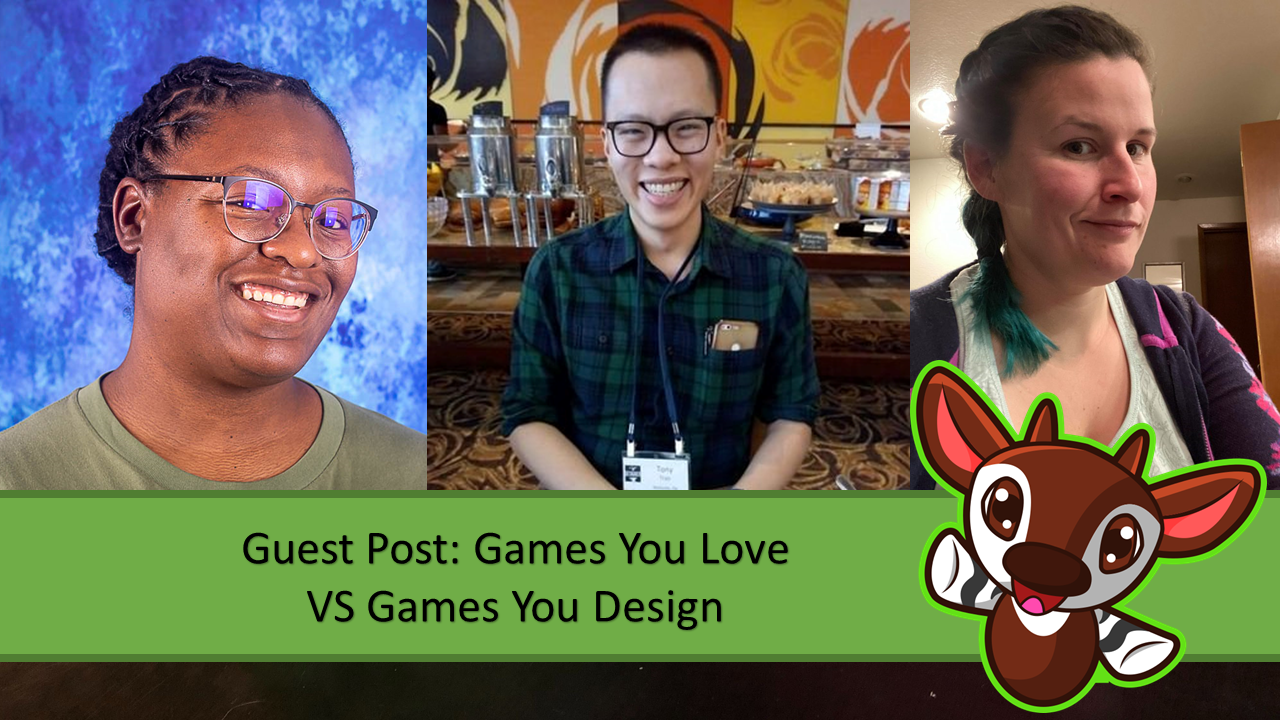
I know a lot of amazing designers and I wanted to highlight some of them, which is why I’m starting some guest posts! Each post will be a question about design or publishing and will hopefully give you a variety of perspectives to learn from.
What are the differences between the games you love to play and the ones you love to design? Why do these differences exist?

“There’s no difference really. If I didn’t love to play it, I wouldn’t be designing it. I’ve played my prototypes more than any other game in my collection, and I still don’t get tired of getting them to the table. To me, that’s a sign that I have something worth seeing through to the end.” – Mattie Schraeder, @AFrozenPeach

“The games I love to design have a lot of background numbers and/or calculations going on (a result from chart X would lead to a die roll on chart Y, which would lead to 1 of 3 options on chart Z); Basically, almost like simulations with game states that fluctuate. This is obviously very cumbersome and I don’t think I’d play something like that too often.
The games I love to play are much lighter and I think I enjoy that more because I can get a few different games in the same amount of time and it feels a bit more relaxing.” – David J. Bruglia, @DavidBruglia

“I only try to design games that I want to play myself. Anytime I try to design for an audience that doesn’t include me, I lose interest in the design.” – Nicholas Yu, @yutingxiang

“There’s definitely a lot of overlap, especially at the beginning of my time spent designing. I co-designed Fantastic Factories, and it has a lot of puzzly, engine-building goodness, which are common across games that I like to play. However I also love more casual party/bluffing type games.
I think I started with puzzly engine-builders because it seemed easier to iterate on in isolation. I think the differences often just come down to inspiration and feasibility of getting a design off the ground.” – Joseph Z Chen, @fanfactories

“I think the main difference is that the games I love to design are born from the games I don’t love to play. When I start designing, I like to take a game I don’t enjoy and ask, “What would need to change for me to love this game?” If I can turn a game I don’t like into a new one that I still love after having playtested it hundreds of times, I consider that a success.” – Sara Perry, @saraperry96
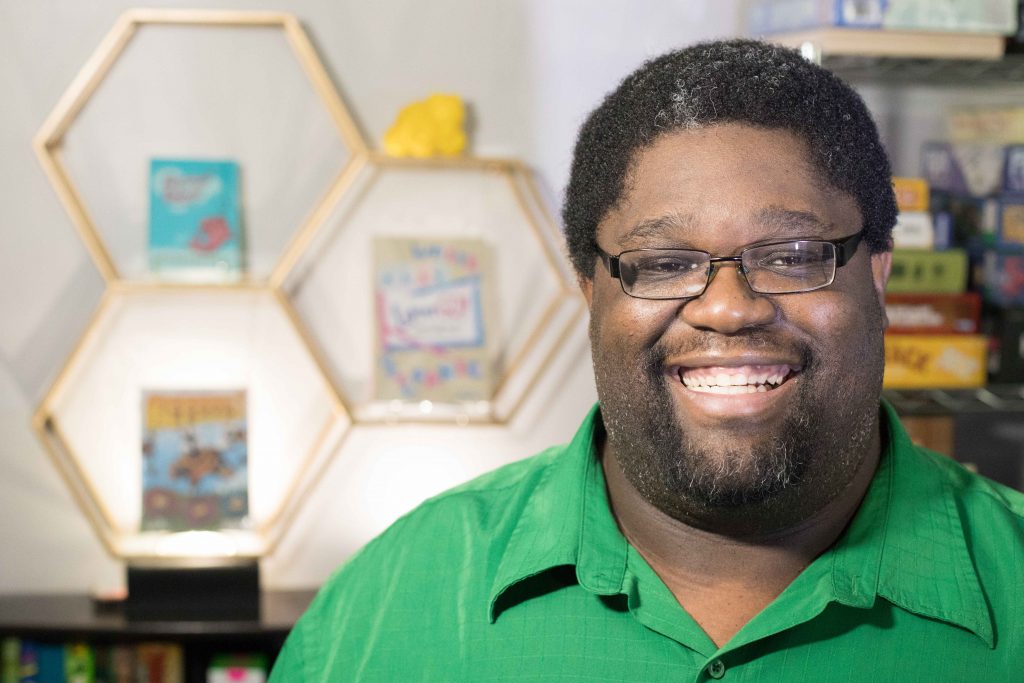
“I tend to design lighter games than the ones I enjoy playing the most. Given a limited amount of time it’s somewhat easier to refine a simple design than a complex one simply because it’s easier to amass more playtests.
It’s not necessarily easier to design a short game overall: with fewer components it’s more difficult to meaningfully evoke theme or introduce multiple strategies. Everything in the game must pull its weight and any extraneous or flawed elements are magnified. Overall, small games are lighter, cheaper and easier to sell to publishers, retailers and consumers.
That said, I absolutely love a good three-hour feature strategy game, but designing one is an expensive production that’s hard to get right. Theme, mechanisms, art and re-playability have to be on target as increasingly higher price points restrict you to less forgiving consumers. I’ll probably do a big game one of these days, but I appreciate working within the constraints of the small box.” – Marcus Ross, @waterbeargames

“It’s kind of funny, because the game I want to play most depends on who I’m playing with. It’s all about the shared experience. I think the only difference when I design is that I’m sort of detached. I usually attempt to turn quirky ideas into fun gaming experiences, and when I’m playing I’m just looking to create awesome memories.” – Jadyne (Jay) Bell, @thejaybell
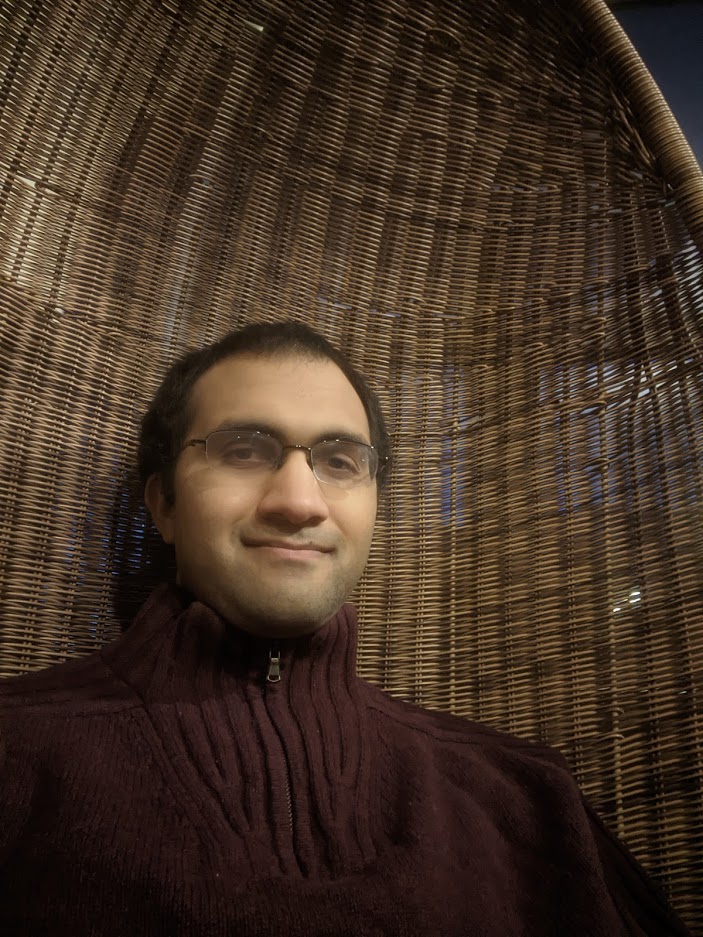
“I used to enjoy designing content for games – by which I mean things like the text of specific cards that exist outside the rulebook. I’ve always liked Dvorak (the card game), and back when I was a Mage Wars playtester I designed over a hundred custom cards just for the fun of it. But these days I feel less interested in content and prefer to focus on game mechanics instead.
The last game I designed that had a lot of content was Weavers, from which I learned that at a certain point I don’t care what specific cards actually do, just that they all fit into the system I’ve set up.
So if I design a game with a collaborator, I prefer to leave the specific content to them and focus on the mechanics. If I design a game by myself, it is something like Spelling Brawl where there is no significant content and players build their strategy from very simple building blocks.
Despite this, I still love playing games with lots of content. Discovering the nuances of different cards and their interactions with each other is still a lot of fun for me. Content-dependent computer games like Factorio or Spelunky 2 appeal to me more than low-content games like Tetris or Among Us. But I think that is because I don’t need to design the content myself, which preserves the novelty and sense of discovery.” – Ananda Guneratne, @AnandaGuneratne
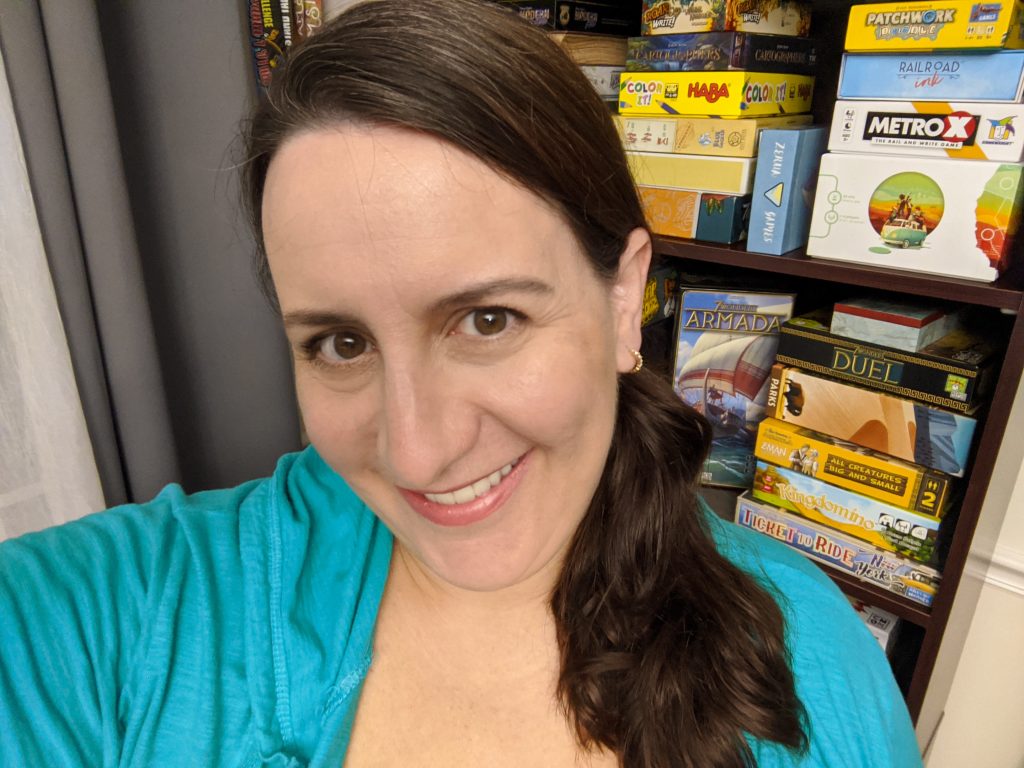
“I’m not a fan of co-operative games. Both my first games are cooperative or have cooperative elements.” – AnnaMaria Jackson-Phelps, @annamaria_jp

“I don’t have much of a discrepancy. I love light to medium light games that let you get to the fun almost as soon as you start playing. I love games that are fun even if you lose, and ones which I can play with people who aren’t in the hobby.
I love gateway games, and perhaps, I’m not skilled enough to solely design them, but I try to get as close as I can. I think more experience will make that easier.” – Fertessa Allyse, @fertessa

“I love to play really simple games, but the games I design tend to start off with a simple concept and then gets complex with each new iteration.” – Chidi Page, @chidipaige

“I enjoy playing heavier games, but because of how much time is needed to playtest them, I do not design them. I like to iterate fast and frequent and heavier games do not allow me to do that.” – Tony Tran, @tonymakesgames
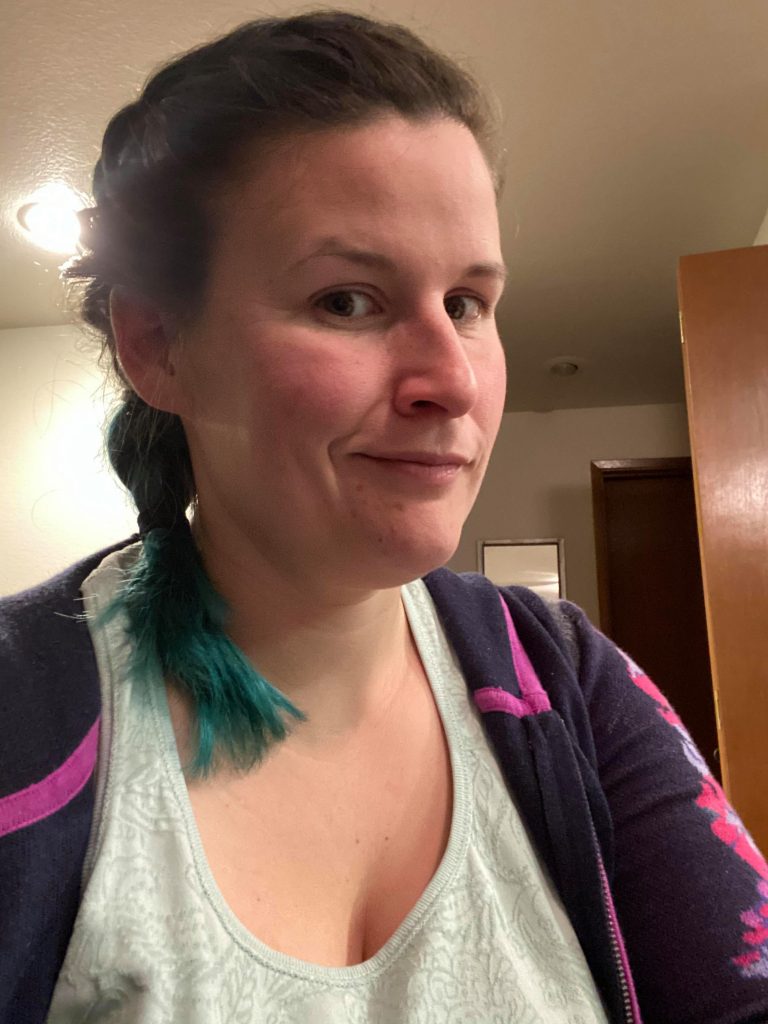
“I love to play games with a lot of theme, but my partner and I have primarily designed more abstract games. The differences exist because he started working on them before I got involved and so we are seeing those through, but future games will have more theme to them.” – Jess Schoonmaker, @jessschoon
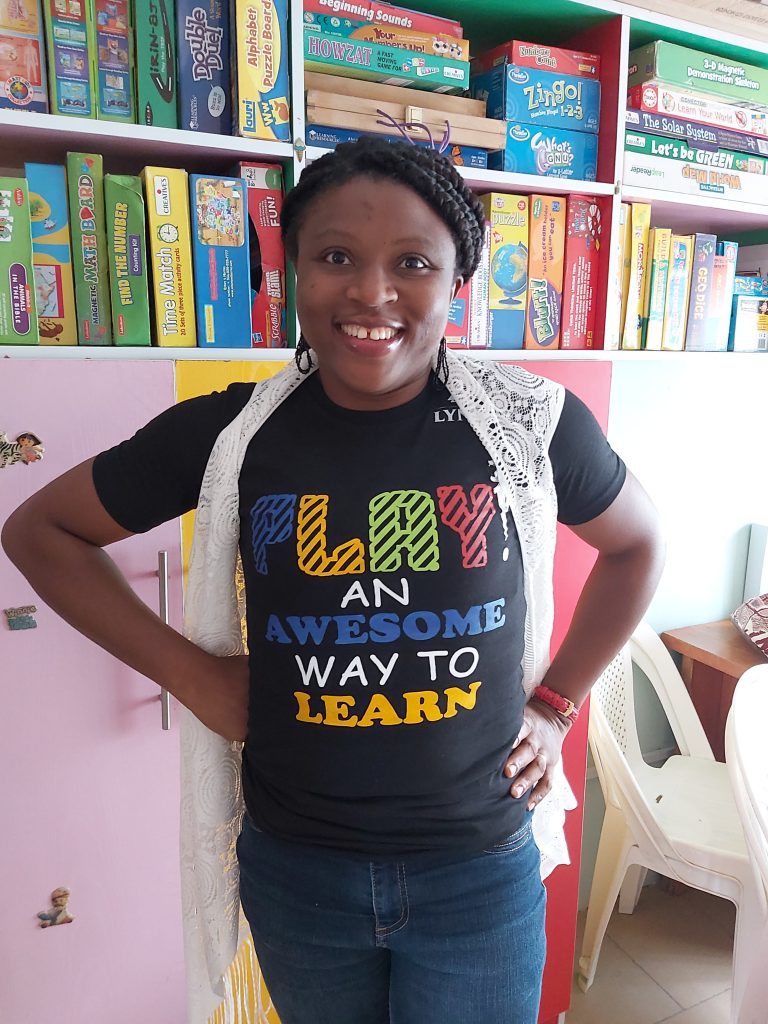
“I look out for games that educate me on a lot of topics I love and I use my games to do same. My main purpose for game designing is to engender learning.” – Bassey Onwuanaku, @BusyBassey

“When I make games, I’m very experimental. I like to try weird things out and just see what happens. 2-player wacky party-style game? Heck yeah! But I’m super picky about buying games, so I do a lot of research and play it safe.” – Charlie Jackson, @CataclysmGames
Did you enjoy this entry? Which designers would you want to hear from next? Please let me know! I’d love to hear what you think and what kind of things you’d like to see from this blog. Feel free to send me an email or comment with your thoughts!
Don’t forget to sign up for my mailing list, so you don’t miss a post: https://tinyletter.com/carlakopp